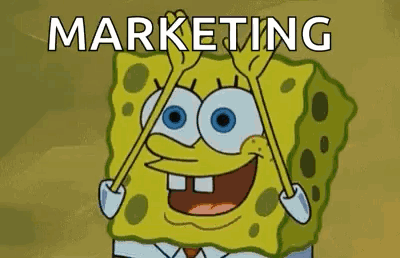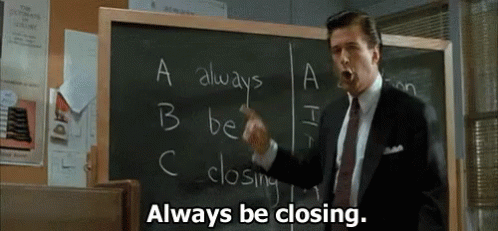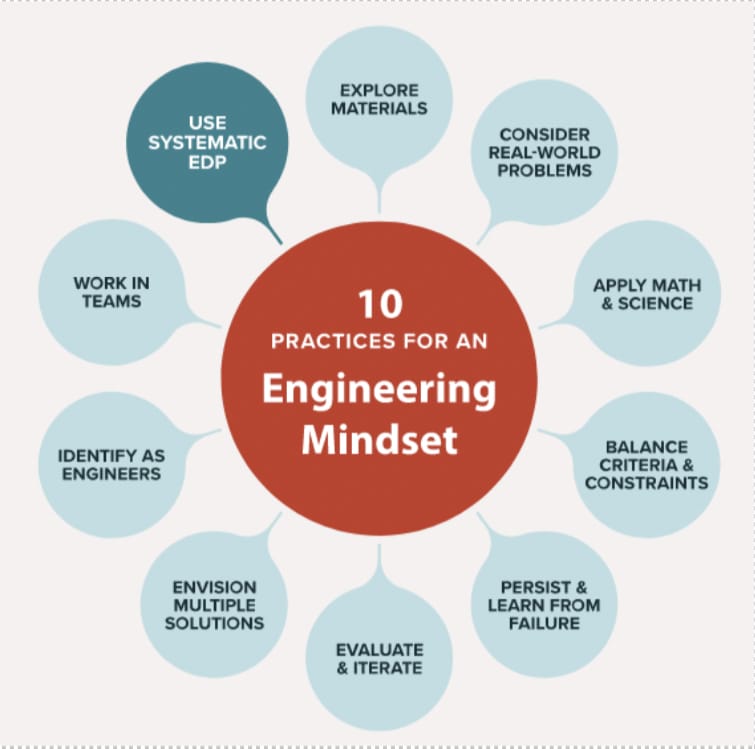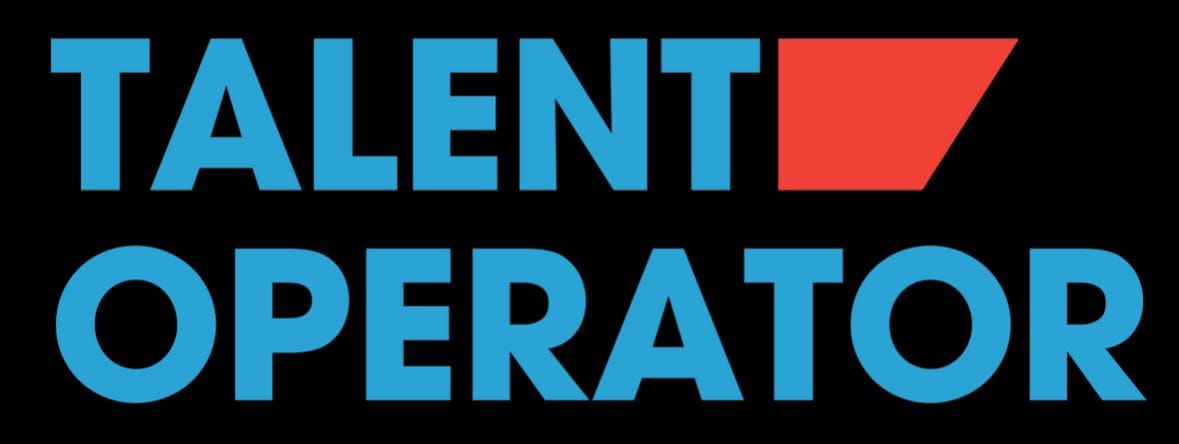Skill Application: What Recruiters Can Learn From Other Professions 💡

Talent Acquisition is a wonderful profession.
Ask any recruiter what they love about their career, and in many cases the answer has something to do with the blend of skills and diversity of work that they get to do.
The recruitment skillset truly is an all-encompassing one.
But, here's the tricky part.
The skills required to operate at a high-level as a talent professional are not easily obtainable.
In fact, most recruitment operators and leaders will admit that the competencies they now possess were acquired and honed through years of direct experience.
No one is going to school to learn how to be a successful recruiter.
What I want to do today is bring clarity to this learning process.
The top TA practitioners have one thing in common...
They possess the ability to study and learn from top practitioners in any space, and apply those learnings directly to the work they do in recruiting.
They have the propensity to want to expand their knowledge beyond the echo chamber of their industry.
So in this edition, we are going to explore some of the top skills that can be extracted and implemented from those who work in different fields.
Let's dig in.
"Skill is the unified force of experience, intellect, and passion in their operation." - John Ruskin
✍️ Marketing & Communications

You've heard me talk about it before, and I will continue to beat this drum.
Modern recruiting requires a certain level of marketing proficiency.
In a world where a majority of candidates in most industries are running their job searches online, we need to be meeting them where they are.
Let's talk about the key marketing skills that can be learned and applied in the world of talent acquisition.
Copywriting
For those who are not familiar with the art of copywriting, here's how it can be explained in layman's terms:
The act or occupation of writing text for the purpose of advertising or other forms of marketing.
You may be thinking, "why do recruiters need to learn how write like an advertiser or marketer?"
It all comes down to one concept...persuasion.
By learning how to garner attention, interest, and emotional connection through written word, we are able to:
- Write more effective job descriptions and adverts
- Get more responses from passive talent
- Better equip and educate candidates in the hiring process
- Create better personal content for the top of our funnel
…and much more.
Integrating persuasive marketing into your recruitment strategy starts with mastering the art of copywriting.
Storytelling
The first layer of persuasion is found in written word.
The second layer is found in the ability to tell a compelling story.
While the term "storytelling" has become a bit of a buzz word in professional circles, it is very much a real skill that produces real benefits.
Here are some interesting factoids about the concept of storytelling and why it can produce such profound results:
- According to Jennifer Aaker from Stanford University, stories are remembered up to 22 times more than facts alone.
- Oxytocin is released in the brain when a story is being told, which is the chemical that creates empathy, trust, and care for those involved in the storyline.
- According to Harvard Business Review, storytelling connects with all different types of learners:
- It helps visual learners by creating mental images
- It helps auditory learners by giving them a voice to focus on
- It helps kinesthetic learners by allowing them to connect with feeling and emotion within the story
Storytelling is a powerful tool.
It's even more powerful when leveraged by recruiters.
The Voice of the Customer
Professional marketers obsess over this one concept...
The Voice of the Customer (VoC).
It sounds high-level and complex, but it's really quite simple.
Great marketers know that feedback from their customers is critically important to the success of the business.
Capturing the Voice of the Customer is their way of clearly understanding what their customers are thinking and feeling about their business, product, or service.
So how does this translate to Talent Acquisition?
We have our own version of VoC...the Voice of the Candidate.
This is more important than we realize, and is a massive blind spot for many recruitment teams.
Peter Drucker said it best: "If you can't measure it, you can't improve it."
Most recruiters don't understand the gaps in their process, or the pain points that their candidates experience, because they never ask.
Being intentional about hearing from your candidates is an easy way to start improving your hiring process.
Here are some simple ways you can gathering this feedback:
- Candidate Experience Surveys with cNPS ratings
- Employee (or New Hire) Onboarding Surveys
Most ATS platforms offer a way to create and capture this data from your candidates.
Don't wait...start implementing this immediately!
🤝 Sales & Account Management

The debate has been raging on for years about whether or not recruiting is a sales-based profession.
While I personally do not believe that recruitment is synonymous with traditional sales, I do believe that there are some lessons to be learned from elite salespeople.
Let's start at the beginning with prospecting and positioning.
Prospecting & Nurturing
If there's one thing that great recruiters can appreciate, it's the ability to turn an unengaged audience into an active prospect.
Because this is such a critical part of the work we do, it only makes sense to study the only people in the world who are doing more cold outreach then us...sales professionals.
There's so much value to be found in learning how to prospect and nurture effectively:
- Understanding how much outreach volume you need to succeed (Brevet)
- Knowing how to correctly personalize your outreach (Salesgenie)
- Determining how to test and find the right messaging
- Outlining proper sequences to keep candidate engaged
And the list goes on and on.
Presenting & Positioning
Another similar experience that recruiters and salespeople have is the presentation stage.
Recruiters present an employment value proposition to candidates.
Salespeople present a product value proposition to prospective buyers.
While the end goals are ultimately different, the fact remains that both parties must be able to persuade their prospects to see the value they are offering.
Because of this, I've always been a fan of treating the initial screening interview like a sales call.
That is, to follow a strategic framework when it comes to structuring a call:
- Setting the agenda for the call
- Capturing interest through storytelling (see earlier points about this)
- Asking targeted, intensive questions
- Defining what's important to them
- Demonstrating a clear call-to-action
Tied into how you present to prospective candidates, is how you position your opportunity.
Positioning is such an important part of the presentation process, as it is what solidifies the value proposition that you are sharing.
For clarity, this is how The 5% Institute defines sales:
Positioning means to create a perception with your potential client that you are the best person to speak with, to solve a specific problem and offer a solution to an issue they have.
Presentation, pitch, and positioning are everything when it comes to selling.
Negotiating & Closing
The third area where I believe that recruiters can learn from top sellers is where the rubber meets the road...
Negotiating and closing a deal.
Depending on what area of Talent Acquisition you work in, the idea of "closing" may look and feel different.
Agency recruiters often view this process much more aggressively and approach it like a hard-nosed salesperson.
Internal recruiters have a tendency to be a bit more casual in the offer stage, often opting to take more of a collaborative approach with candidates.
But the reality is the same for all recruiters.
We must be able to get great talent across the finish line.
This is equally important in sales, which is why closing is often dubbed as the most important sales skill of all.
As you study top sellers, here's what you should be looking for:
- How do they approach negotiation? How do they leverage psychological factors like trust, EQ, and perceived authority to influence the process?
- What is their approach to presenting an offer or proposition? What level of preparation is required to get a deal done?
- How do they handle rejection or objections at this stage? What is their process to prepare for these roadblocks, and what steps do they take to overcome them?
If you're in talent acquisition, you probably don't want to label yourself a salesperson.
But the reality is that there is so much crossover between the two skillsets.
It would be foolish not to set aside our ego and learn from the best.
🧠 Engineering

We've spent the majority of our time discussing candidate-focused skill proficiencies.
Now we're going to look at process-focused skill proficiencies.
Let's talk about how to develop an "Engineering Mindset."
Testing & Iterating
There are many ways that engineers look at problem-solving.
The "Test & Iterate" approach is also one that can provide value to us as recruiters.
In this methodology, engineers are utilizing an iterative process to collect and analyze data so they can make adjustments and improvements to their solutions.
In the same way, we should constantly be stress-testing our hiring processes.
When was the last time you tracked your InMail response rates with specific messaging formats?
How often do you test new job description templates to see if it improves the quantity or quality of your applicant pipeline?
Have you tried new formats in your screening calls to see what provides the most value to your candidates?
We must adhere to the ABT rule...
Always Be Testing.
Persisting & Improving
As we test and iterate, we must also adopt a persistent mindset to drive continuous improvement.
Great engineers embrace the ability to learn from failure.
After all, you can't build a truly valuable solution if you don't know what makes it successful.
In Talent Acquisition, it's way too easy to pass the buck.
If we make a bad hire, we can always find a reason to place the blame on something or someone else:
- The hiring team
- The lack of information that was provided
- A limited talent pool
- A bad value proposition
But if we are going to be great, we have to adopt a mindset that's built on persistence and continuous improvement.
We will keep building and optimizing until we create effective solutions.
Winning as a Team
If there's one thing that engineers understand, it's the power of collaboration.
In order to build something great, they must be able to work together to bring a wide range of knowledge and perspectives to the problem.
In a similar vein, great recruiters understand that hiring is a team sport.
While the recruiter may quarterback the process, we need all skilled position players to contribute in order to win:
- Hiring Managers
- Members of the hiring team
- Finance
- Internal employee advocates
The list goes on and on.
It's only by adopting a team-first mindset that we can start to build processes and solutions that benefit everyone.

There's a lot goes into the mindset of an engineer.
Take a look at this infographic to get a deeper look at different elements that can help you re-think the work you do in talent acquisition.
🔗 Weekly Learning Links
This week, I'm sharing some of my favorite resources to help you develop a diverse skillset.
TLDR: Learn the seven universal story points all humans respond to, the real reason customers make purchases, how to simplify a brand message so people understand it, and how to create the most effective messaging for websites, brochures, and social media.
TLDR: ‘Think Like an Engineer’ presents CDIO and systematic thinking as a way to achieve the human potential. It explores how we think, feel and learn, and uses the latest brain research findings to help us unlock value and have a balanced life.
🎙️Mapping Positioning to a Story Using Insight
TLDR: Explore how to position your sales pitch storytelling arch. You'll learn how not to start a sales pitch, how to start a sales pitch with unique insight, and how to properly structure your sales pitch.
Did you enjoy this edition? You can support us by leaving a review.
If you'd like to see a specific topic covered in this newsletter, you can submit your request directly.
